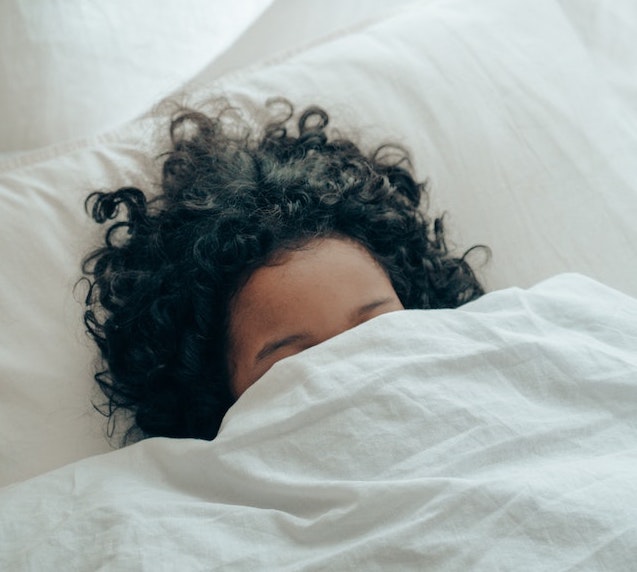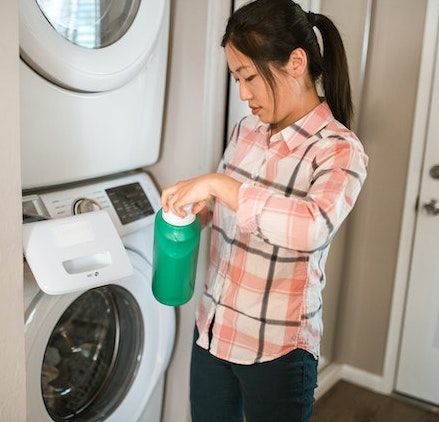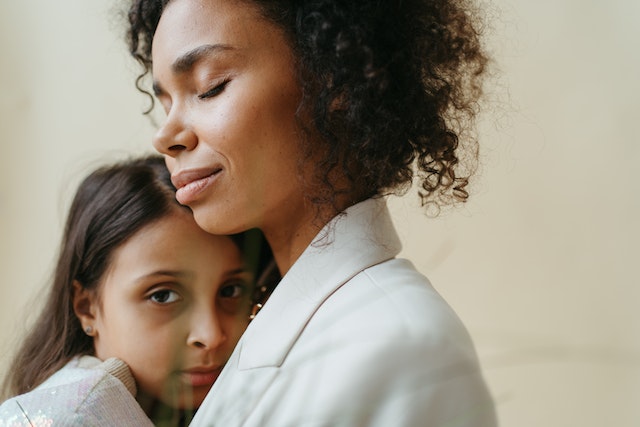
DBT Skills: The Go-To Treatment for ADD?
Dialectical behavior therapy teaches people to manage their ADHD symptoms using four basic DBT skills: mindfulness, distress tolerance, emotion regulation, and interpersonal effectiveness. Read more >>
Request an Appointment
English: 650.688.3625
Medi-Cal: 650.688.3650

DBT Skills: The Go-To Treatment for ADD?
Dialectical behavior therapy teaches people to manage their ADHD symptoms using four basic DBT skills: mindfulness, distress tolerance, emotion regulation, and interpersonal effectiveness. Read more >>

One of the most important things we can do for our children is to help them develop resilience. A common misconception is that people are either resilient or not; that we’re born one way or the other. In fact, the Read more >>

Resilience Booster: Parent Tip Tool
There is a large body of research supporting the importance of building resilience to help prevent negative consequences of environmental stressors. Read more >>

Launching Late: How to Help Your Child with Failure to Launch
“Failure to launch” has been used recently to describe grown children who, for one reason or another, aren’t willing or able to leave their family home to pursue their own goals, lead independent lives and become self-sufficient. Read more >>

Life Skills for Teens and Healthy Lifestyle Tips [web resource]
An important part of growing up is learning how to take care of yourself. Set to Go, a collection of tools and information from the JED Foundation, helps you prepare for a successful transition to college. Read more >>

Nine Tips for Talking With Kids About Trauma
As much as we might want to, we can’t always protect children from witnessing violence and tragedy in the world, whether it’s mass shootings, terrorist attacks, or war. As parents, teachers, and other supportive adults, what we can do is Read more >>

Sensory Integration and Sensory Processing Disorders Fact Sheet [downloadable]
Sensory integration involves perceiving, modulating, organizing, and interpreting these sensations to optimize occupational performance and participation. Well-regulated and appropriately functioning sensory systems contribute to important outcomes in social emotional, physical and motor, communication, self-care, cognitive, and adaptive skills development and Read more >>

Here’s Why You Should Make a Habit of Having More Fun
When was the last time you flew too high on a swing and lost your stomach, or busted out laughing so hard that you started crying? If it’s been awhile since you’ve had this kind of fun, you’re not alone. Read more >>

Toxic shame is a feeling that you’re worthless. It happens when other people treat you poorly and you turn that treatment into a belief about yourself. You’re most vulnerable to this type of poor treatment during childhood or as a Read more >>

Handle With Care: Supporting Young People During Crises
The entire community is responsible for protecting and supporting children, especially in times of crisis. In empathizing with families, educators and community members who must respond to the needs of children as a traumatizing event unfolds, Learning for Justice gathered Read more >>
English: 650.326.5530 | Español: 650.688.3650 | Fax: 650.688.3669
English: 650.326.5530
Español: 650.688.3650
Fax: 650.688.3669
English: 650.668.3625 | Español: 650.688.3650 | careteam@chconline.org
English: 650.668.3625
Español: 650.688.3650
careteam@chconline.org
© 2024 Children’s Health Council. All rights reserved.
CHC Palo Alto: 650 Clark Way, Palo Alto, CA 94304 | 650.326.5530
CHC South Bay: 2280 Kenwood Avenue, San Jose, CA 95128 | 408.831.7512
CHC Ravenswood: 1765 E Bayshore Rd, East Palo Alto, CA 94303 | 650.702.2487
CHC Palo Alto:
650 Clark Way, Palo Alto, CA 94304
650.326.5530
CHC South Bay:
2280 Kenwood Avenue, San Jose, CA 95128
408.831.7512
CHC Ravenswood:
1765 E Bayshore Rd, East Palo Alto, CA 94303
650.702.2487